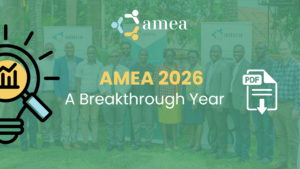
2026 A Breakthrough Year Ahead Report
2026 is shaping up to be a pivotal year for transforming BDS markets. Building on

2026 is shaping up to be a pivotal year for transforming BDS markets. Building on
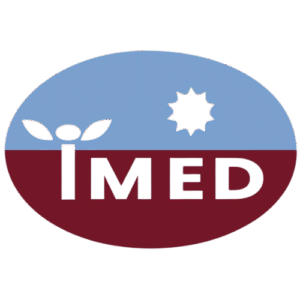
L-IFT join us as a global member because it wants to become part of this network that jointly addresses agricultural development and strengthens agri-MSMEs.

L-IFT join us as a global member because it wants to become part of this network that jointly addresses agricultural development and strengthens agri-MSMEs.
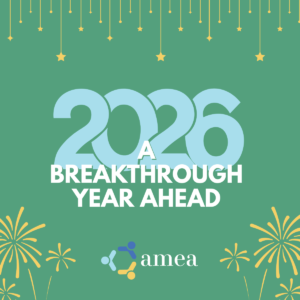
It feels strange to be optimistic after the chaos unleashed on our sector this year,
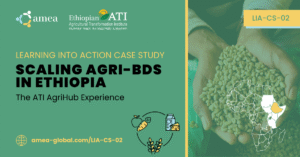
Over three years, Ethiopia’s Agricultural Transformation Institute (ATI) achieved a breakthrough in business development services delivery—creating a tiered BDS model that generated exceptional returns while reaching over 1,200 agri-SMEs across four regions and twelve value chains. With an 18:1 ROI on revenue increases and 84:1 ROI on capital mobilized, the ATI AgriHub program demonstrates how strategic segmentation and diagnostic-led approaches can revolutionize SME support systems, delivering ETB 3.16 billion in finance access while creating sustainable employment across Ethiopia’s agricultural sector.
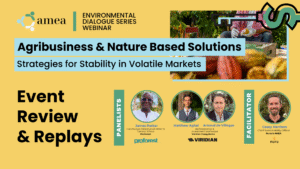
AMEA ended the event with the launch of the AMEA Toolbox Guide 2025. The AMEA Toolbox is a collection of peer reviewed tools that are highly aligned to ISO 18716. These tools enable SMEs to build a performance track record which is useful to accessing new markets and new finance. The inter-operability of these tools has developed and examples are included in the Guide.

Over three years, Ethiopia’s Agricultural Transformation Institute (ATI) achieved a breakthrough in business development services delivery—creating a tiered BDS model that generated exceptional returns while reaching over 1,200 agri-SMEs across four regions and twelve value chains. With an 18:1 ROI on revenue increases and 84:1 ROI on capital mobilized, the ATI AgriHub program demonstrates how strategic segmentation and diagnostic-led approaches can revolutionize SME support systems, delivering ETB 3.16 billion in finance access while creating sustainable employment across Ethiopia’s agricultural sector.

L-IFT join us as a global member because it wants to become part of this network that jointly addresses agricultural development and strengthens agri-MSMEs.

AMEA ended the event with the launch of the AMEA Toolbox Guide 2025. The AMEA Toolbox is a collection of peer reviewed tools that are highly aligned to ISO 18716. These tools enable SMEs to build a performance track record which is useful to accessing new markets and new finance. The inter-operability of these tools has developed and examples are included in the Guide.
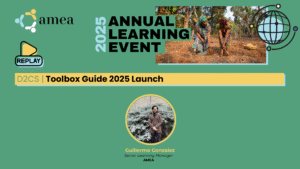
AMEA ended the event with the launch of the AMEA Toolbox Guide 2025. The AMEA Toolbox is a collection of peer reviewed tools that are highly aligned to ISO 18716. These tools enable SMEs to build a performance track record which is useful to accessing new markets and new finance. The inter-operability of these tools has developed and examples are included in the Guide.
We use cookies on our website to give you the most relevant experience by remembering your preferences and repeat visits. By clicking “Accept All”, you consent to the use of ALL the cookies. However, you may visit "Cookie Settings" to provide a controlled consent.